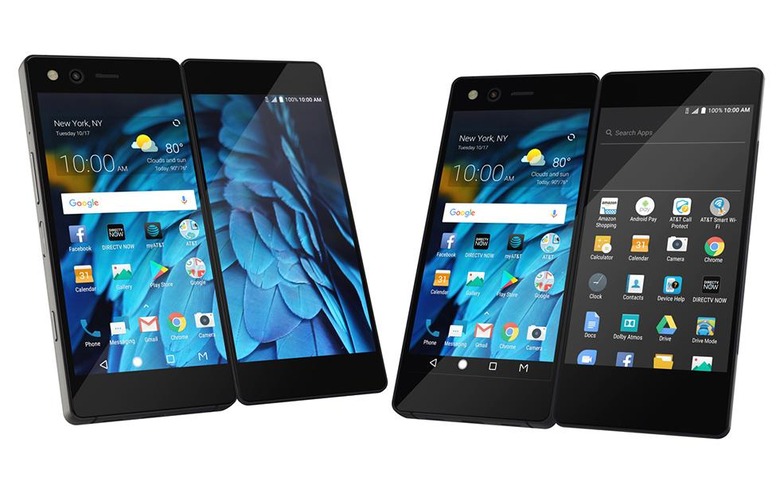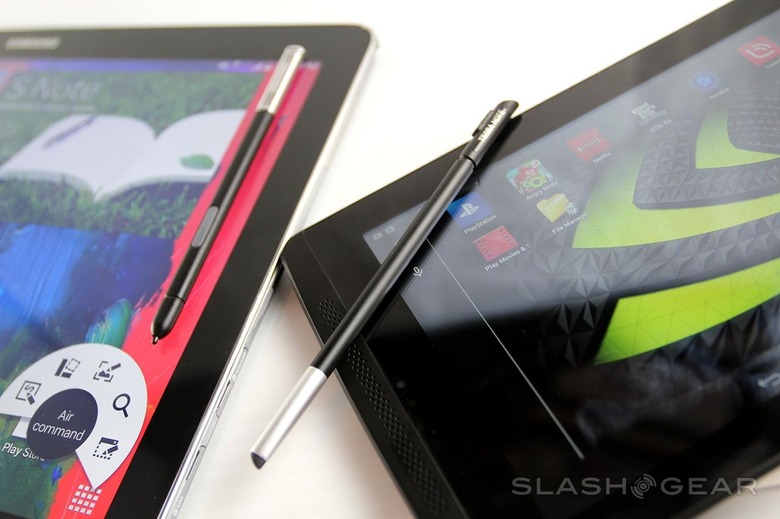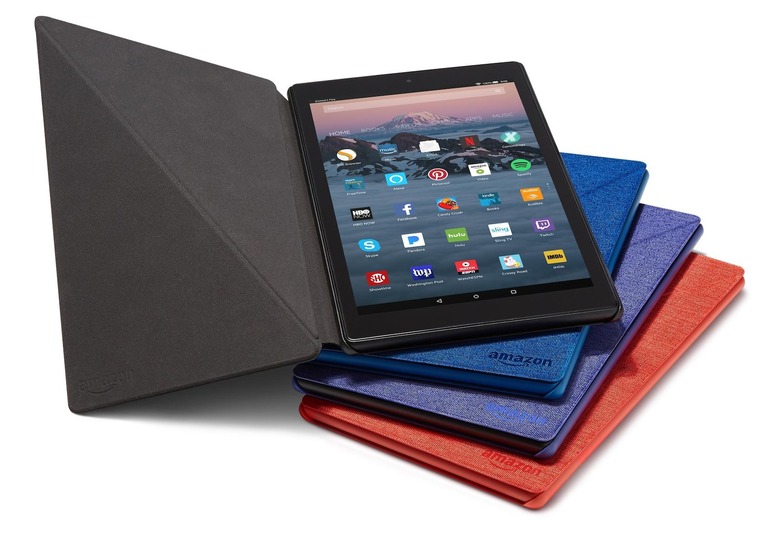Android Tablets Need To Survive
The announcement and subsequent launch of Android P marks the end not just of the Nexus phone line but also of any Google-made Android tablet. And unlike in the years past, less and less manufacturers are putting out slates or even 2-in-1 and convertibles. It would seem that the age of Android tablets have come to an end. But with rumors of Apple launching a new but cheaper iPad, one has to wonder if Android is the one missing out. Because as much as the market seems less conducive to tablets, Google and its partners need to keep Android tablets alive. Here are some reasons why.
Screen plateau
One of the biggest reasons for the decline of tablets is the growing sizes of smartphones. The larger phablets have practically cannibalized the smaller slates, which is true but only up to a point. These days, there are no more or very few phablets going beyond 5.7 inches. While that still eats up the 6 to 7-inch tablet market, it still leaves plenty of room for bigger screens.

And smartphone screens aren't getting any bigger. They are getting more pixel dense, yes, but mostly retaining the same physical size. That doesn't always work for things you'll need to see on a bigger screen. Sometimes, an 8-inch 1080p tablet still works better than a 5.4-inch 2160p phone. Until the day foldable tablets become mainstream, there will always be a market for the bigger screens that only tablets can offer.
Big apps
Another cited reason for the decline of Android tablets specifically is the rise of Chromebooks. As these Chrome OS devices start looking and behaving more and more like 2-in-1 tablets, you'll start to wonder if Android tablets are still needed at all. But good Chrome OS apps aren't exactly that many, even less are the number of touch-friendly apps. At some point, Google might point to Android apps for use on these Chrome OS tablets. But there's a problem: Android apps are no better on tablets either.

Android tablets have existed for years but, save for a few, Android apps haven't exactly embraced them. It was the same situation with iOS apps on iPads until Apple put its foot down, though perhaps not hard enough. Sadly, Google itself has been rather noncommittal to Android tablets, and developers sort of felt the lack of a push. The result is that Android apps are terrible on large screens, be it tablet or Chromebook. And unless Google and friends make a concerted effort to actually take tablets seriously, it's going to remain that way for a long, long time.
Content creation
Smartphones are almost great at everything but there is still one thing their relatively smaller screens are terrible at doing: content creation. Tablets, especially the cheaper ones, have been mostly seen as content consumption devices but Apple and, surprisingly, Microsoft turned that on its head. The iPad Pro is now considered the king of content creation on mobile, which is tragic considering how Android tablets had a wide lead in the space back when Apple was still laughing at the stylus. Now Android has to be the one to catch up and be judged by history as the copycat.

Family friend
There are also some situations where tablets offer a better and more affordable alternative than buying a new, large phone. When you do need a consumption device only but are wary of letting others use your important, not to mention expensive, phone, then tablets are really your only option. Wi-Fi only models make it even easier to control and monitor usage, and prices are a lot lower than even the cheapest mid-range phone. That is precisely why Amazon Fire tablets are still such a huge hit, which should probably make Google worried if not jealous.

Wrap-up: Android Diversity
Is the era of tablets over? Maybe. Or maybe it's just struggling to find its footing after being pushed out by larger phones. If Apple has anything to say about it, tablets are going to be around for a few more years. Sadly, Google hasn't changed its ambiguity towards tablets since the days of Honeycomb (Android 3.0, 2011) and Android, yet again, will be left in second place. Maybe even third if Windows 10 on ARM ever takes off.
